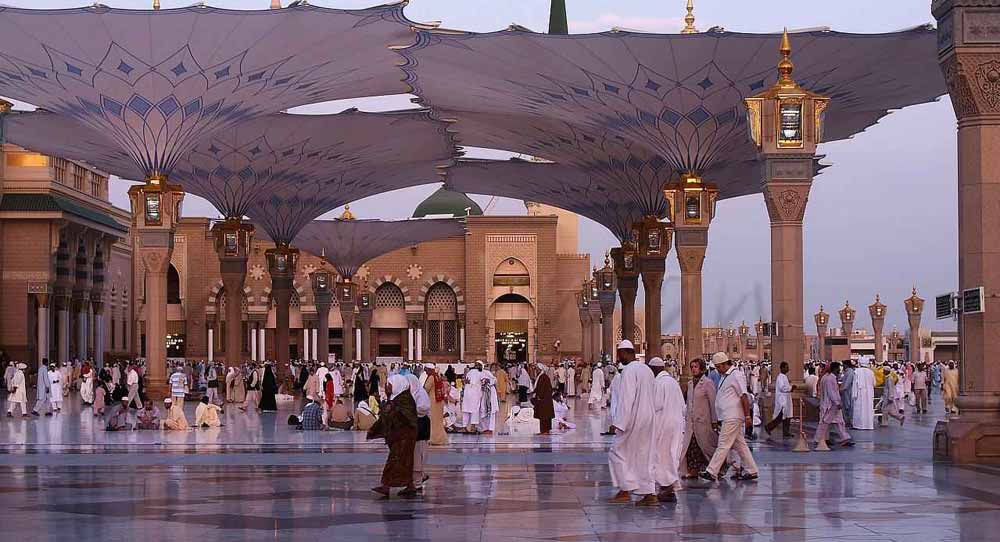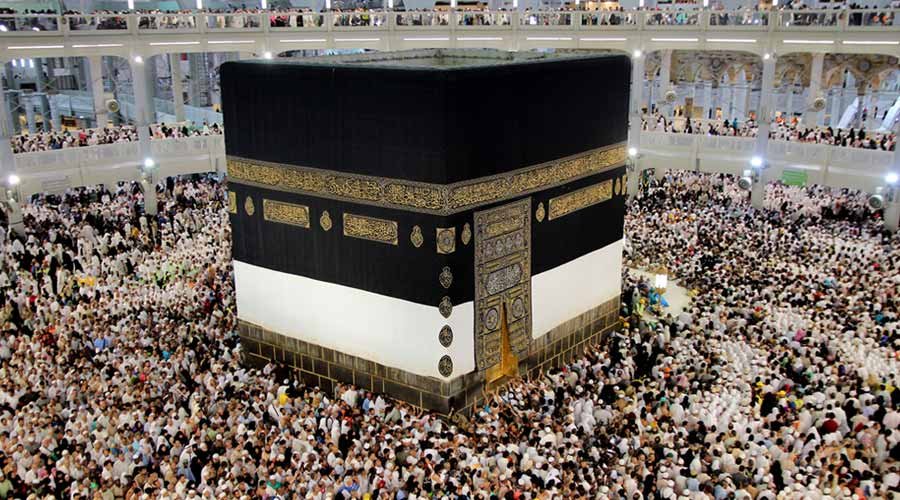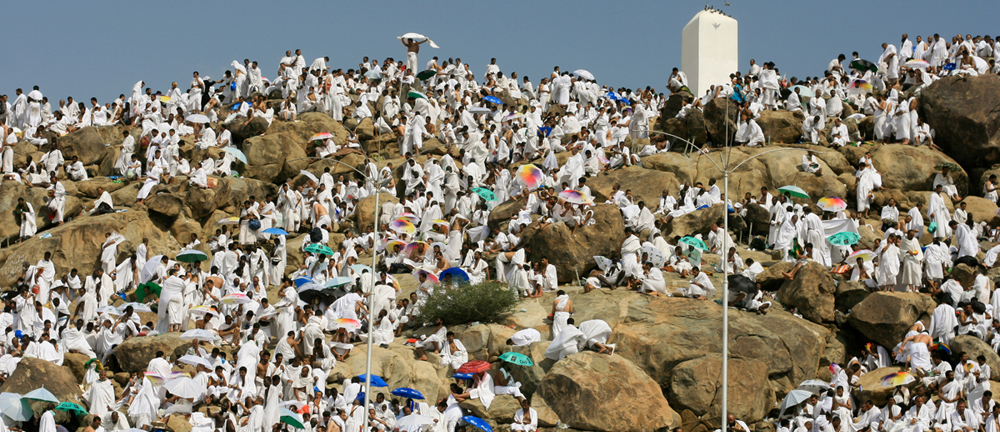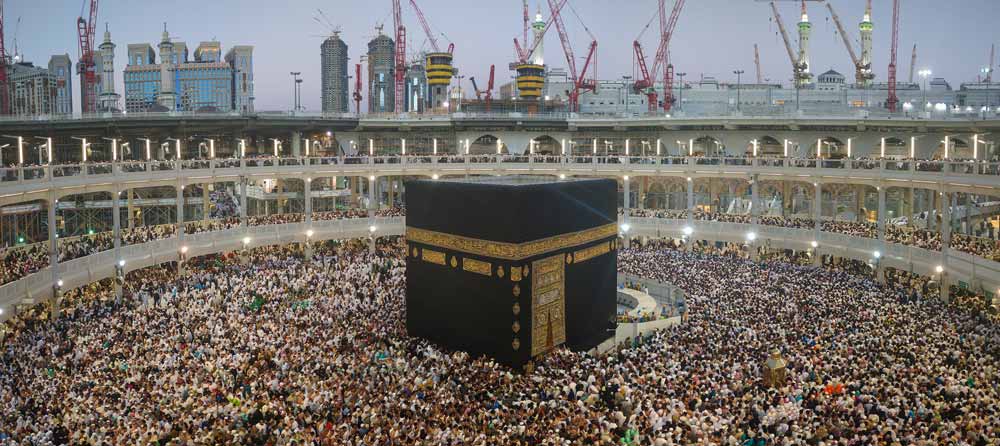34 travel agencies compete to provide services to Madinah visitors
MADINAH — With the start of this year’s Umrah season public and private 34 travel agencies are competing with one another to provide the best possible services to the guests of God who visit the Prophet’s Mosque in Madinah before or after performing the lesser pilgrimage.
According to official statistics, about 1.5 million Umrah pilgrims visited Madinah since the start of the season by land, air, and sea. The figure is 10 percent less than the number of pilgrims who came during the same period last year.
Nearly 1.2 million of these pilgrims have already left the Kingdom while 400,000 of them still remain in the country, Al-Madinah Arabic daily reported.
Saudi missions abroad have issued 3 million Umrah visas in four months, the report said. More pilgrims are expected to visit the Prophet’s city in the coming months with their numbers peaking in Rajab, Shaaban, and Ramadan. This demands greater efforts by all relevant government departments to improve services to pilgrims.
Prince Muhammad Bin Abdulaziz International Airport is the main gateway of pilgrims to Madinah. The Haj Ministry’s branch office has opened a section at the airport to receive and see off pilgrims while the Traffic Department facilitates the movement of buses carrying the guests of God, the Arabic daily said.
A shuttle service, which was previously operating only during Ramadan, has been successful in ensuring quick and smooth transportation of pilgrims from different points of the city to the Prophet’s Mosque. Security officers and highway police ensure the safety of pilgrims while the Passport Department facilitates immigration procedures.
The Civil Defense Department has set out a comprehensive program to ensure the safety and security of pilgrims, especially at hotels and furnished apartments. The Health Affairs and Red Crescent Authority extend a variety of health and first-aid services. Haj Ministry’s officials prevent squatting of pilgrims in public places and tackle the reasons behind it.
The Ministry of Commerce and Industry inspects the markets to ensure an adequate supply of essential commodities at reasonable rates while the municipality enforces hygiene regulations in the market.
On the directive of Madinah Gov. Prince Faisal Bin Salman, a workshop was held with the participation of 34 public and private agencies to discuss how to provide integrated services to the guests of God during the current Umrah season.
Sami Isawi, director of the Department for Haj, Umrah, and Visit, said the workshop focused on the reception of pilgrims, their housing, transportation, and food as well as the historical places that pilgrims visit in Madinah.
“The workshop discussed prospects of improving housing facilities for pilgrims,” Isawi told the Arabic daily. It also focused on supplying healthy food and the proper storage of foodstuffs. Discussions also centered on improving IT services and how to meet the requirements of pilgrims with special needs.
“The workshop has proposed a number of recommendations, which would be implemented during the next Haj season,” he added.
Article by: saudigazette.com.sa



